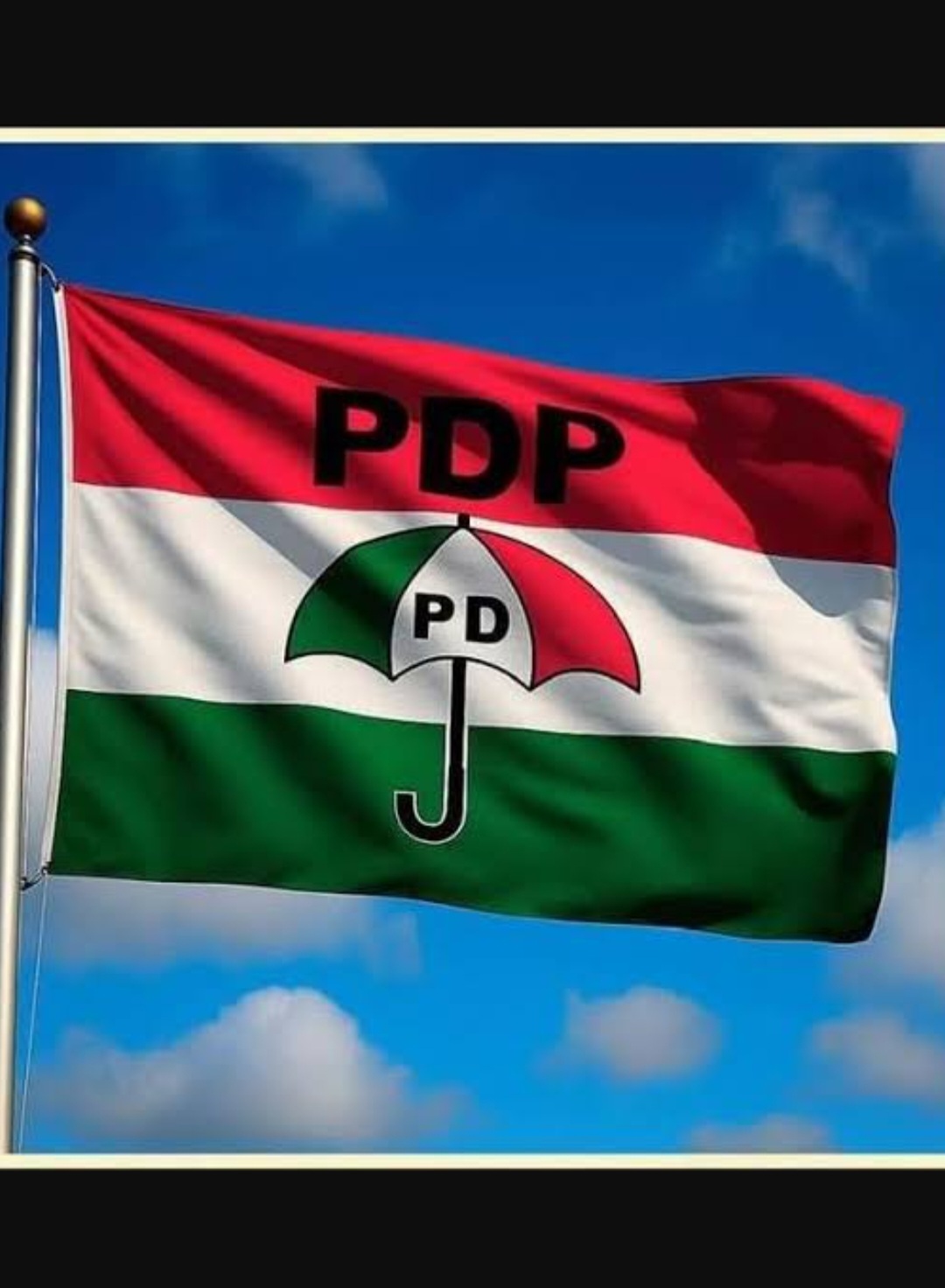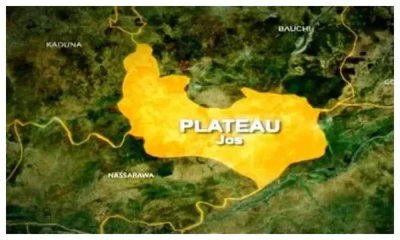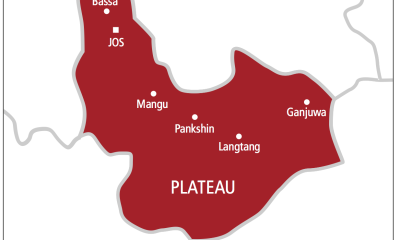Politics
PDP Crisis: Top Leaders Clash Over State Congresses in Three States

A significant power tussle within the national leadership of the Peoples Democratic Party (PDP) has erupted into the open, marked by directly conflicting instructions issued by the party’s two top officials concerning the scheduled state congresses in Cross River, Plateau, and Kebbi states. This disagreement further exposes the deep-seated structural crisis and growing rift currently affecting the main opposition party.
The conflict centers on the official status of the congresses, originally slated for September 27. On one side, PDP National Chairman Umar Damagum issued a letter dated September 25, announcing the postponement of the events. Damagum cited “unforeseen circumstances and operational logistic challenges” as the formal justification for the delay. He communicated that the state congresses in the three aforementioned states would not hold as earlier scheduled, adding that a new date would be communicated to the Independent National Electoral Commission (INEC) in due course.
In direct and forceful opposition, PDP National Secretary Samuel Anyanwu issued a counter-letter, dated September 26, insisting that the congresses must proceed as initially planned. Anyanwu argued that, based on the party’s constitution and established protocols, any official communication or notice to INEC regarding electoral timelines requires the joint signatures of both the national secretary and the national chairman to be deemed valid. He sternly advised the commission that it “should not honour any communication without the joint signatures of the national secretary and the national chairman.”
This critical administrative deadlock highlights the central issue of the National Secretary’s office, a position that has been a major source of internal friction for months, with both Samuel Anyanwu and Sunday Udeh-Okoye laying claim to the seat at various times. The Supreme Court had previously nullified a ruling that removed Anyanwu from office, after which Chairman Damagum had asked him to resume his duties, a decision he reportedly described as a “difficult” compromise.
The situation is further complicated by the political affiliations of the key players. Samuel Anyanwu is a known and staunch political ally of the Minister of the Federal Capital Territory (FCT), Nyesom Wike. Wike’s continued, influential presence and activities within the PDP, despite his current role in the opposing government, remain a significant factor and a persistent source of internal tension, turning many of the party’s administrative battles into larger proxy wars.
The current disagreement leaves the three state chapters—Cross River, Plateau, and Kebbi—in a state of confusion regarding the legality and timing of their internal elections, posing a fresh challenge to the party’s administrative authority and its efforts to project a unified front ahead of future elections.








